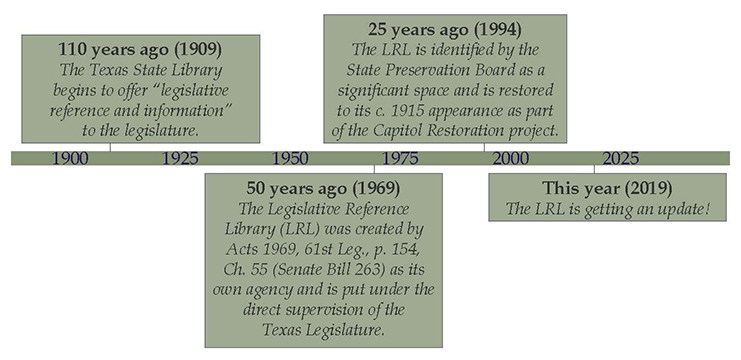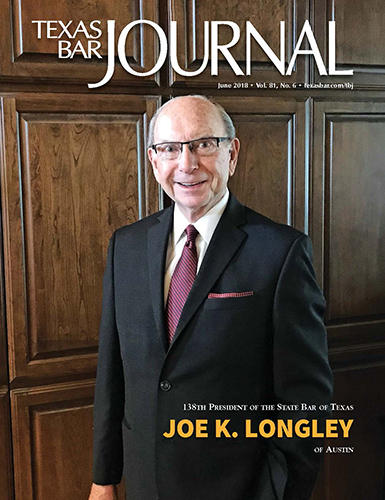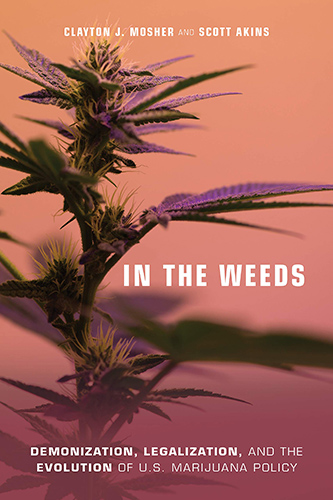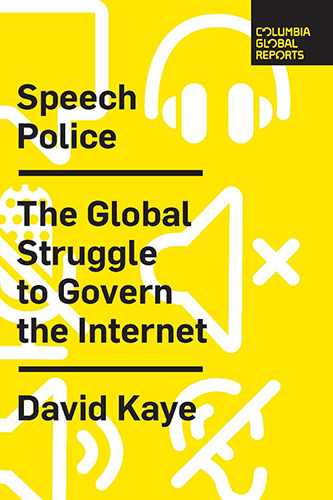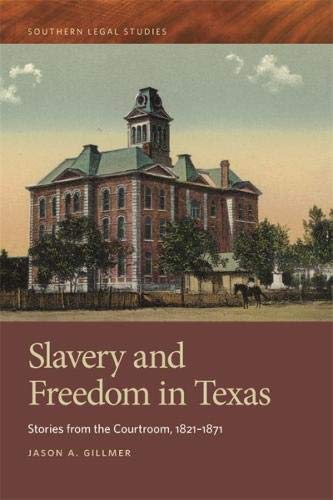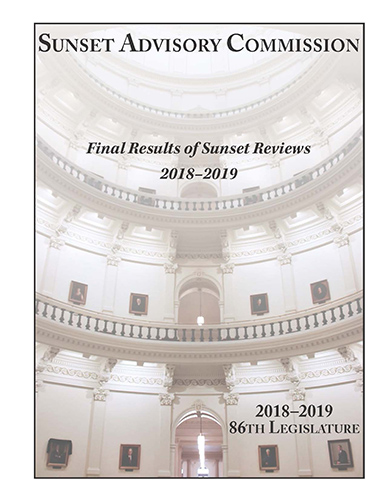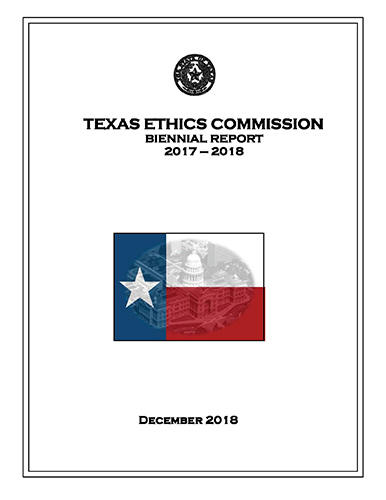- Examine safety concerns related to automated vehicles. (Governors Highway Safety Association, August 6, 2019)
- Explore resources and statistics related to capital punishment. (National Conference of State Legislatures, July 30, 2019)
- Consider precautions to prevent wildfires before operating equipment outdoors. (Texas A&M Forest Service, August 12, 2019)
- Review pedestrian safety tips. (National Highway Traffic Safety Administration, July 15, 2019)
- "Face off? The promises and perils of losing anonymity." By Eoin O'Carroll. Christian Science Monitor, July 29, 2019, pp. 18-19.
Discusses the growing use of facial recognition technology and the resulting concerns about its application. Identifies early attempts at legislating its use. - "Oncor's powerful response to severe situations." By Catherine Leffert. Dallas Business Journal, August 2, 2019, pp. 12-14.
Discusses how Oncor Electric Delivery handles mass power outages. Points out the emergency management preparedness strategies that enabled the rapid restoration of power to thousands of Dallas-Fort Worth customers affected by severe storms that struck on June 9. - "The economics of Texas BBQ: It's not your grandpa's barbecue anymore." By Patrick Graves. Fiscal Notes, July 2019, pp. 1-6.
Explores the economic growth and recent diversification of the barbecue industry in Texas. Notes there are now 2,500 Texas barbecue outlets, an increase of 12 percent from four years ago. - "The workforce-training grant: A new bridge from high school to career." By Oren Cass. Issue Brief (Manhattan Institute), July 16, 2019, pp. 1-14.
Proposes a grant-based program to motivate private-sector employers to provide on-the-job experience with employer-sponsored training to people who do not pursue a college degree as their path to employment. - "Can taxes and subsidies improve health?" By Ramanan Laxminarayan and Amit Summan. Milken Institute Review, Third Quarter 2019, pp. 18-27.
Examines the effectiveness of "sin taxes" on tobacco and alcohol, and other taxes on sodas and junk food, in public health policy. Looks at the option of redirecting agricultural or energy subsidies to healthy foods. - "Will America ever have high-speed trains?" By Lawrence M. Fisher. Milken Institute Review, Third Quarter 2019, pp. 70-80.
Explores the potential for high-speed rail in the United States, amid "buy American" stipulations for governments receiving federal funds. Discusses cost overruns, engineering controversy, and delays in the California High-Speed Rail project. Considers the development and eminent domain concerns of the Texas Central Railway project from Dallas-Fort Worth to Houston. - "Myths of student-loan debt." By Robert Verbruggen. National Review, July 29, 2019, pp. 28-30.
Recommends solving the student-loan debt problem with increased use of the "income-share agreement" [ISA], in which a student agrees to pay a certain percentage of income for a certain number of years in exchange for the lender funding his education. - "2018 carbon dioxide emission trends: Explaining the 2018 increase." By Daniel Klein. Public Utilities Fortnightly, July 2019, pp. 122-127.
Analyzes the United States Energy Information Administration's [EIA] first full year's estimates of energy use and carbon dioxide emissions during 2018. Related information at: https://www.eia.gov/totalenergy/data/monthly/. - "Toolbox: Redrawing maps the right way." By Jeffrey M. Wice and Frank M. Strigari. State Legislatures, July/August 2019, pp. 38-40.
Offers suggestions on how to improve the redistricting process and avoid costly litigation. - "The 141st day." By Celeste Embrey. Texas Banking, August 2019, pp. 8-11.
Presents a session wrap-up of banking issues, including subcontractors, Sunset legislation, the Equifax data breach, and cybersecurity. - "Charting medicine's statehouse progress." By Joey Berlin and Sean Price. Texas Medicine, August 2019, pp. 16-24.
Recaps the 86th Texas Legislature, highlighting enrolled legislation significant to physicians and health care. - "Making telemedicine work." By Sean Price. Texas Medicine, August 2019, pp. 26-29.
Outlines the steps physicians should take when preparing to provide telemedicine services. Highlights HB3345, 86th Legislature, which will help physicians choose the best telemedicine platform for them.
The Legislative Reference Library compiles this weekly annotated list of Current Articles of interest to the legislative community. Professional librarians review and select articles from more than 300 periodicals, including public policy journals, specialized industry periodicals, news magazines, and state agency publications. Members of the Texas legislative community may request articles using our online form.

